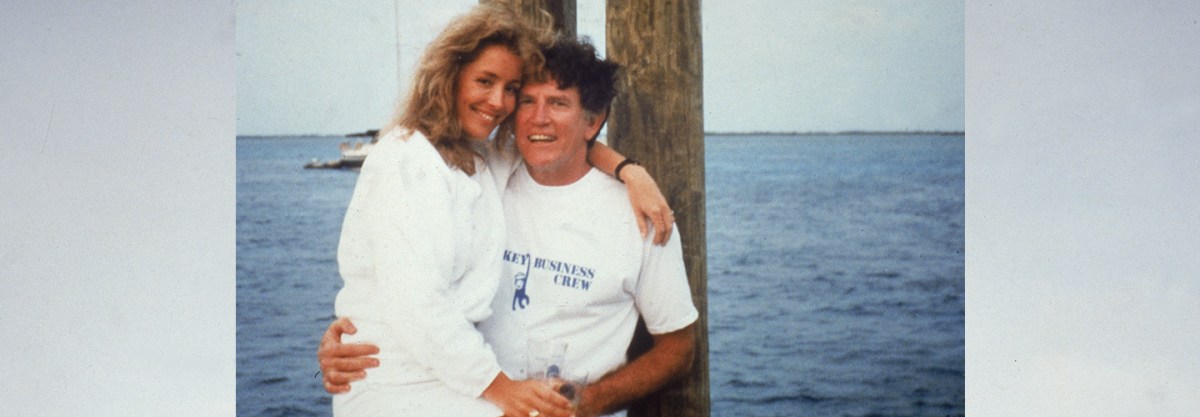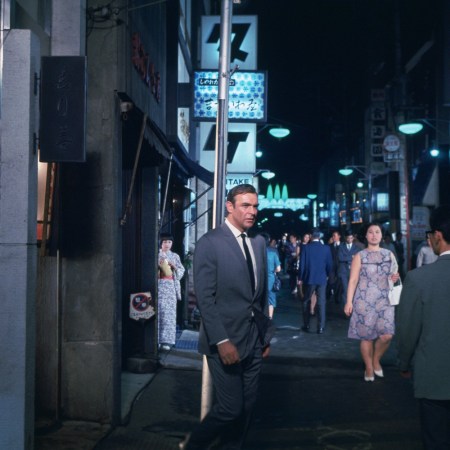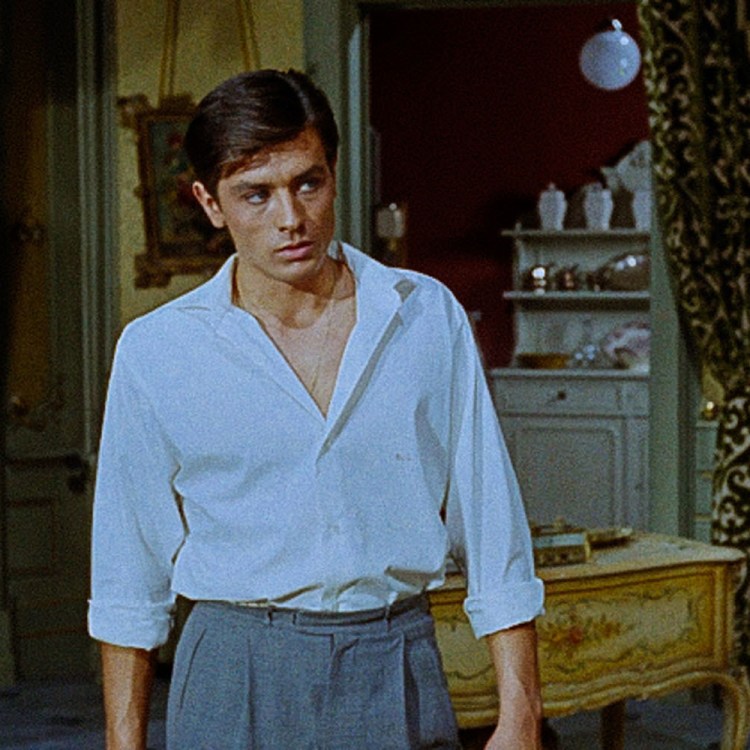Imagine a time when political candidates ran on policy, and ran away from cheap publicity. When people debated the importance of character, and whether public officials’ private behavior mattered.
Director Jason Reitman has, and he’s put his finger on precisely when both beliefs peaked – and disastrously collided.
According to his movie “The Front Runner,” out next month, it was in the spring of 1987, right before the official start of the ’88 presidential campaign, when Gary Hart, a rangy Colorado Democrat full of new ideas, decided he was going to run on position papers, not photo ops.
And unfortunately for Hart that’s the same time people – or, perhaps the media — decided what mattered wasn’t what he said about the economy, but what he wouldn’t say about the night he’d invited a pretty bachelorette back to his Washington home.
Reitman’s movie features a strong, cast-against-type performance by Hugh Jackman as Hart, and an inside-politics vibe that evokes “The Candidate.” It also brings back the `80s, along with a lot of things – Who was Donna Rice? What was “Monkey Business”? — that feel like Trivial Pursuit questions.
But mostly it reminds us of what the smart Hart simply couldn’t understand, and we’ve been debating ever since: Is policy all that matters? How much does personality count?
In one way, Hart, a provocatively intelligent man, was incredibly stupid. He might have thought posing for People Weekly was demeaning, but voters were hungry to see him hiking in the Rockies, eating corn dogs at the state fair. Optics mattered. If you want to lead us, prove you’re one of us.
What ultimately sank Hart, however, wasn’t his stiff reserve but his stubborn refusal to answer any personal questions at all — even when honest answers could have helped. Was his marriage in trouble? Was the gossip right — was he having an affair?
Hart refused to discuss it, any of it, insisting it didn’t matter, and at first reporters were reluctant to pursue it further. (There’s even been recent speculation that they were right to be wary, and that much of what followed was a dirty trick played by the Republicans.)
And Hart was half right — it hadn’t used to matter. A generation before, reporters had ignored John F. Kennedy’s infidelities, just as their predecessors had ignored Franklin Delano Roosevelt’s. (Hell, those guardians of the First Amendment had even done their best to ignore FDR’s crippling polio.) There were unwritten rules.
But that was then; this was post-Watergate.
The high-school journalists who’d bought tickets to sit starstruck through “All the President’s Men” were out of college now, and in their first big newspaper jobs. And the idea that there should be some sort of gentleman’s agreement between politicians and the press made them, frankly, a little nauseous.
It wasn’t their job to keep other people’s secrets. It was their job to put them on the front page.
Although “The Front Runner” is fair, you feel Reitman ultimately stands with Hart. What does someone’s sex life have to do with anything? An America in which FDR had never won the presidency because he had committed adultery – or someone like Pat Robertson had won, simply because he hadn’t — would be a far different, and worse, America than we can probably imagine.
Yet shouldn’t character count for something?
If candidates are going to do or say whatever they can to get themselves elected – and we know most of them will – isn’t the best way to judge them to look at how they act when they think we’re not looking? Can we really expect that someone who cheats on their spouse won’t cheat us? That someone who can lie to the press won’t lie to voters, too?
Hart fell because his character was found wanting – but not, ultimately, because he’d partied with a pretty young woman when his wife wasn’t around.
No, Hart fell because voters saw him as someone who took selfish, foolhardy risks and then wouldn’t listen to advice. He fell because, when caught in a lie, instead of telling the truth, he stonewalled, hedged, and parsed his denials. He fell because this new kind of Democrat turned out to be just the same old kind of pol.
That’s why his campaign collapsed — and why it deserved to.
But what we really learned from any of those events, more than 30 years ago, is debatable.
Was it that character really mattered? Even as recently as 2008, that still seemed to be an important measuring stick for a candidate. Barack Obama’s campaign wasn’t built on a lot of nuts-and-bolts policies and careful position papers – it was all about the “hope-y, change-y thing,” as Sarah Palin later ridiculed it.
But voters didn’t look to the facts then. They looked to their feelings – and saw a sober, serious, apparently decent family man whose greatest vice was the cigarette he’d occasionally sneak behind his wife’s back. They may not have heard a lot about his positions, but they trusted him, and that was enough.
But what does character count for now? After all, the prevailing candidate in 2016 was a man with two ex-wives and more than forty years of scandals. He was inarguably intemperate, insulting, egotistical. And yet, despite his profane past, evangelical leaders endorsed him; despite a lifetime of shady finances, big money ran to him.
Because, in the end, character didn’t matter. Voters decided to disregard his personal life – even though it could have predicted much of what we’ve seen in his public life since.
So what are the real lessons of “The Front Runner”? As an electorate, are we any better off – any wiser — than we were then?
The quadrennial campaign circus that Hart hated has by now become practically permanent, with candidates competing to say as little as possible as often as possible. Reporters who were once suspicious are now merely cynical (and overworked), pushed to post quick, incendiary clickbait rather than craft in-depth investigations.
Gossip is amplified. Lies go unchallenged. We have more information than ever, and yet remain less informed.
Certainly our electoral process feels even shakier and shabbier than it did way back when photos of Gary Hart, a young woman on his lap, made the front page of the National Enquirer. Surely the state of the nation sure seems a lot more fragile, the voters far more discouraged and disenfranchised. Something broke in us 30 years ago, and it’s never been mended. And it’s hard to know what lesson to draw from any of it.
Except to note that Hart – who never ran for office again — just celebrated 60 years of marriage with his wife, Lee. As we stumble, confusingly, on.
This article was featured in the InsideHook newsletter. Sign up now.
























